
First, I fired up my trusty old computer. Then I opened my browser. You know, the usual start to any internet deep dive.
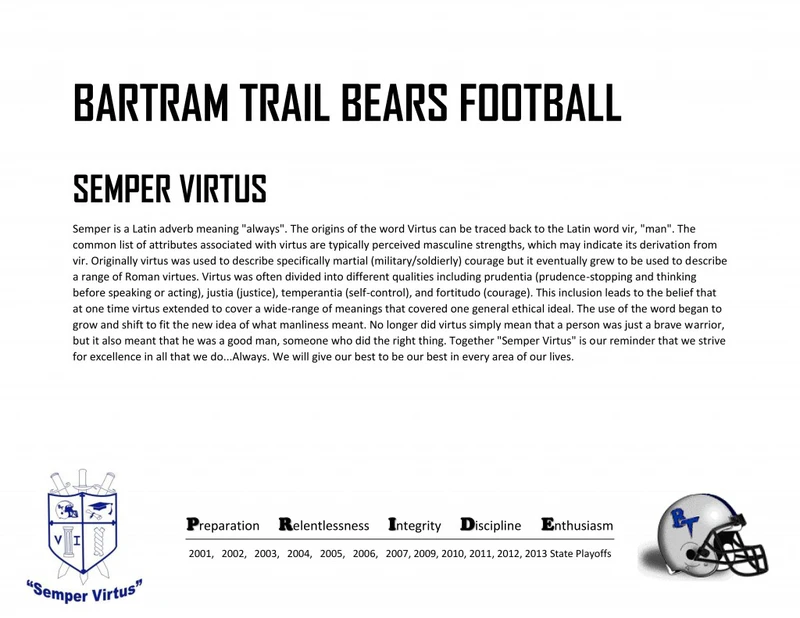
I typed "bears 2013 schedule" into the search bar. Pretty straightforward, right? I figured that would be the easiest way to get the information. I wasn't looking for anything fancy, just the dates and opponents.
The search engine did its thing, and boom, a whole bunch of results popped up. Lots of sports websites, some old news articles, the usual stuff.
Finally, after a bit of clicking around, I found a couple of sites that had the full schedule laid out nicely. I double-checked a few different sources just to make sure the info was consistent. You know, gotta be thorough!
I jotted down the dates and opponents in my notebook. Old school, I know, but it works for me! Now I have the 2013 Bears schedule all sorted out. Mission accomplished!
It was a simple task, really. Just needed to know where to look and spend a little time clicking around. Nothing too complicated!

So, I've been messing around with this idea of making my own Solari departure board. You know, those cool old-school boards with the flipping letters and numbers they used to have in train stations and airports? Yeah, those. I always thought they were super neat, and I figured, "Why not try to build one?" It seemed like a fun project, Plus I want one for sale.
First, I spent some time just looking at pictures and videos of real Solari boards online. I needed to get a feel for how they worked, the different parts, and how they were put together. It's all about those split-flap displays, right? Each flap has a part of a letter or number, and they flip around to show the right character.

I began searching all over the internet and I collected what I think are important parts.
This is what I have got so far:
I started by trying to design the individual flap modules. I messed around in some 3D modeling software (I'm still a beginner at this!) to create a basic flap shape. My first few prints were... well, let's just say they weren't perfect. I had to adjust the size and thickness a few times to get something that seemed like it would work.
Then I started experimenting with the frame. I cut some wood pieces and tried to fit them together. It's definitely a work in progress. I'm thinking I might need to add some metal brackets to make it stronger, especially if I want to make it a decent size.
I haven't gotten to the electronics part yet. That's where I'm a little intimidated, to be honest. I know a bit about Arduino, but I've never controlled motors with one before. So, I've been watching some tutorials and reading some guides online. It looks like I'll need to learn about motor drivers and how to send the right signals to make the flaps flip correctly.
I think I will keep print more parts, maybe I can try print a small one. And, connect them with my control board.
Right now, it's more of a pile of parts than a working display. But I'm slowly making progress! It's definitely a learning experience, and I'm having fun figuring things out as I go. Who knows, maybe one day I'll have my own fully functional Solari board, clacking away with that satisfying sound!

Okay, so I bumped into this "depth chart LSU" thing and, honestly, I was a bit lost at first. I mean, I get sports, but the whole "depth chart" concept was kinda new to me. So, I did what any curious person would do – I dove in!
First things first, I needed to understand what a depth chart actually is. Basically, it's like a team roster, but way more detailed. It shows you not just who is on the team, but also who's the first choice, second choice, third choice, and so on for each position. Think of it as a ranking of players for every single spot on the field.
I started by, you know, just looking at one. I found the LSU football depth chart. It was this big table, with positions listed down the side (like Quarterback, Running Back, etc.) and then a list of names under each one, going from top to bottom in order of who's most likely to play.
Now, I'm not a coach or anything, but I started thinking about how this could be useful. Let's say I'm a huge LSU fan (which, for the sake of this experiment, I am!).
Depth charts, at least for LSU football, are pretty straightforward once you get the hang of them. They're a cool way to get a deeper understanding of the team beyond just the names you hear on TV. It's like peeking behind the curtain a little bit. I wouldn't say I'm an expert now, but I definitely feel like I "get it" more than I did before.

Okay, so today I decided to dive into something I've been curious about for a while – predicting sports outcomes. Specifically, I wanted to try my hand at predicting Angelique Kerber's performance in her next match. Now, I'm no expert, just a regular person with a passion and who is interested. I don't use any fancy tools. I just wanted to see if I could get any kind of reasonable prediction going using what's available for free online.
First, I needed to understand the context. So today is October 22, 2024, and the details show Angelique Kerber played on October 17, 2024.
I spent a good chunk of time just reading about the match she just played, the competition she played against and the result.
Next, I looked at Kerber's recent matches. And I foucsed on the following content:
Now, this is where I put my thinking and tried to find some patterns. If she'd won her last three matches easily, I'd feel more confident. If she'd struggled against lower-ranked players, that would be a red flag. It’s not super scientific, I know.
Based on my very basic, I will give a shot to predict the result of the match, but I am no expert, so don't take this as a guarantee. I hope I can get a good sense of how she might perform in her next match. I'll definitely be checking back to see how wrong (or maybe, just maybe, a little bit right) I was!

Alright, so today I wanted to mess around with Ausar Thompson's Rated Rookie card. I've been hearing some buzz about this guy, and I figured it was time to see what all the fuss was about.
First things first, I pulled up the card details. Gotta see those stats, right? Nothing too crazy, but definitely a solid base to work with. I'm thinking about trying to boost his shooting and playmaking a bit.
Next, I jumped into a few games. Started with some Domination to get a feel for him. He's quick, I'll give him that. His defense is pretty good, too – he snagged a couple of steals that I definitely wasn't expecting.
After a few games, I headed over to the training facilities. I focused on shooting drills first. His release is a little slow, so I worked on speeding that up. Then, I moved on to some passing drills, trying to improve his court vision.
Armed with some improved skills, I threw him back into a game. This time, I tried some Triple Threat Online. He felt a bit smoother. Not a superstar yet, but definitely more playable. I even managed to hit a couple of contested threes, which felt pretty good.
Overall, the Ausar Thompson Rated Rookie card is a decent starter. He's not going to blow you away, but he's got potential. With a little bit of work, he could be a solid role player. Gonna keep grinding with him and see how far I can take it!

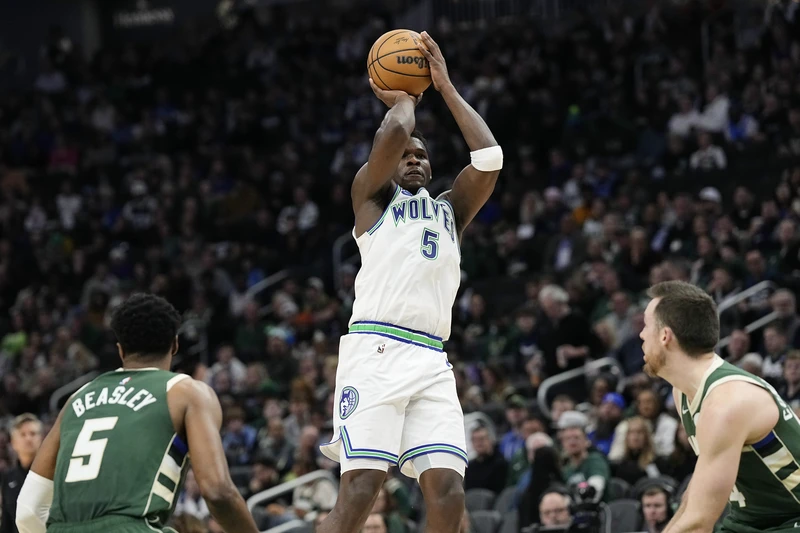
Alright, so I wanted to figure out this whole Timberwolves-Raptors game prediction thing. I'm no expert, but I like to dabble and see if I can get it right. I'm not gonna use any fancy jargon, just what I did, plain and simple.
First, I looked up the recent games for both teams. Just a quick peek at their wins and losses, you know? I wanted to get a feel for how they're doing lately. Are they on a hot streak? Are they struggling? That kind of stuff.
After getting that information, It's the gut feeling part. I had some data, but in the end, I had to just make a choice. I weighed everything and went with my initial feeling.
It's all just for fun, though. Sports are unpredictable, that's what makes them exciting! Don't go betting your house based on what I say. I'm just a dude messing around and sharing my thought process. Let me know if you guys do anything similar!

First, I needed some data. Obviously, I'm not a sports analyst, so I had to rely on what I could find online. I started by looking at the recent performance of both teams.
I spent a good chunk of time just reading through game summaries and recent news articles, trying to get a feel for how both teams were doing.
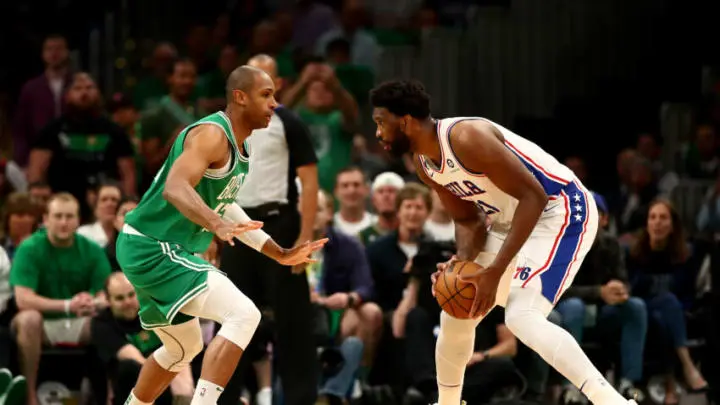
Then, I figured it would be smart to look at their head-to-head history.
This part involved a lot of scrolling through past game results. I definitely got sidetracked a few times, reading up on some classic rivalries, it happens I will focus next time.
After gathering all this information, honestly, it was still tough to say who would win. Both teams seemed pretty strong, it is very hard to tell the winner. It felt like a coin flip!
So, instead of making a definitive prediction, I decided to look at it more like "what's likely to happen."
Based on what I found, I think it's going to be a close game. Both teams have been playing well, and their history suggests they're pretty evenly matched. I wouldn't be surprised to see it go either way,I think it is 50/50, so it depends on the player's performance.
This whole process was actually pretty fun. It's like putting together a little puzzle, trying to figure out what the picture will be. I can see why people get into sports analytics. While I'm not claiming to be an expert, it was a cool experience to try and predict the game's outcome using data. Maybe I'll try this again for another game and see if I can get better at it. Practice makes perfect, right?
I think for this kind of prediction, I need to spend much more time to collect more information or data, and watch more games to get a better feel.

Okay, here's my attempt at writing a blog post in the style you requested, about "miami wake forest prediction":
Alright, so I wanted to figure out this whole Miami vs. Wake Forest game. I'm no expert, just a guy who likes to make some, uh, educated guesses, you know?
First, I looked at the teams. Just straight up, who are these guys? Miami, okay, they've been pretty good sometimes, kinda inconsistent. Wake Forest, same deal, some good games, some bad games. It's hard man!
Then, I started digging into recent games. I looked at who they played, did they win, did they lose... and by how much? Did anyone look really tired, or was someone totally on fire? That kind of stuff.
I also tried to find, like, who was injured. It's tough, because you never really know for sure, but sometimes you see stuff online. Players play hurt, it's a fact. If a star player is kinda banged up, that changes things, right?
Next, I tried to think about the "intangibles". Home field advantage is a thing. So is how the weather is that day! If it's like, super cold, and the player used to play on a hotter enviorment. It might effect the player's performance.
So, after all that, I put it all together. I had a gut feeling, you know? Like, weighing everything, I just felt like... one team had a slight edge. It wasn't scientific, not at all. It was more like, "Okay, based on all this mess, I think this is what's gonna happen."
I went with Miami. It was close, really close, but I just felt like they had a little bit more going for them in this particular matchup. Maybe it was their defense, maybe it was Wake Forest's recent struggles... I don't know, I just went with my gut.
It's important, always, check my work and check if my guessing is correct. I'm not always right, nobody is! But it's fun to try, and sometimes, when you get it right, it feels pretty good. It's all part of the game, I guess.

Okay, so I've been trying to figure out this whole Timberwolves-Nuggets betting thing. It's been a wild ride, let me tell you.
First thing I did was start looking at the odds. You know, just poking around different sportsbooks, seeing what the lines were. I didn't really know what I was doing at first, just kinda glancing at the numbers.
Then, I figured I needed to get some actual information. I started reading some articles, checking out some expert picks, and seeing what people were saying on forums. Just trying to get a feel for things, you know? It was a lot of reading and scrolling. I'm looking for win rate and a feel for the team.
After I felt like I had some idea of what was going on, I started placing a few small bets. Nothing crazy, just a few bucks here and there to see if my "research" was paying off. I used some sportbook, nothing fancy.
I kept a little spreadsheet to track my bets. It wasn't pretty, just a simple list of wins and losses. I wanted to see if I was actually making any progress or just throwing money away.
Based on how my bets were going, I started tweaking my strategy. I tried focusing on different types of bets, like point spreads instead of just moneyline bets. I even tried betting on individual player performances. Lots of trial and error here.
Honestly, I'm still figuring things out. Some days I feel like a genius, other days I feel like I have no clue what I'm doing. But it's been fun, and I'm learning a lot along the way. I try many times, and adjust my way according what i learned, and I am still learning it, It is fun.

First, I pulled up his stats from this season and the last couple. I'm talking points, rebounds, assists, steals, blocks – the whole shebang. I wanted to see how consistent he's been and if there are any clear trends.
I spent a good chunk of time just staring at the numbers, you know, letting them sink in. I was looking for things like:
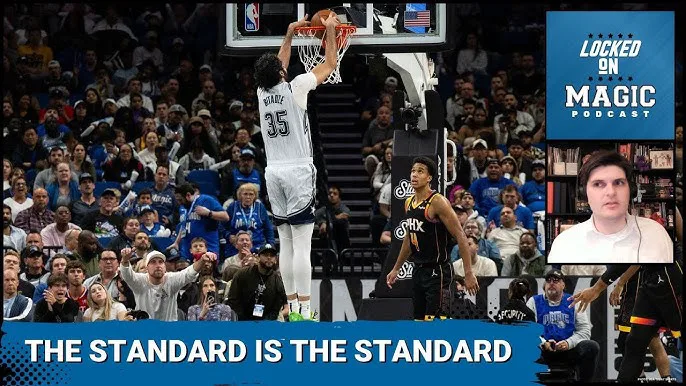
Then, I moved on to watching actual game footage. Numbers are great, but they don't always tell the whole story. I watched several of his recent games, focusing on:
It is not fun,I paused, rewound, and re-watched plays multiple times.
After all that, I started forming my * took me lots of time.
I considered his current form, his potential for growth, and any external factors that might impact his performance (like injuries to teammates or changes in the team's strategy).
So, that's basically my process. It's not rocket science, it's just about being thorough and paying attention to the details.
I did all the things from start to finish, and I finally did it.

First things first, I opened up my trusty browser. No fancy software here, just good old Google. I started searching for recent game stats for both teams. You know, wins, losses, points scored, that kind of stuff. I figured past performance might give me some clues about how they'd do tonight.
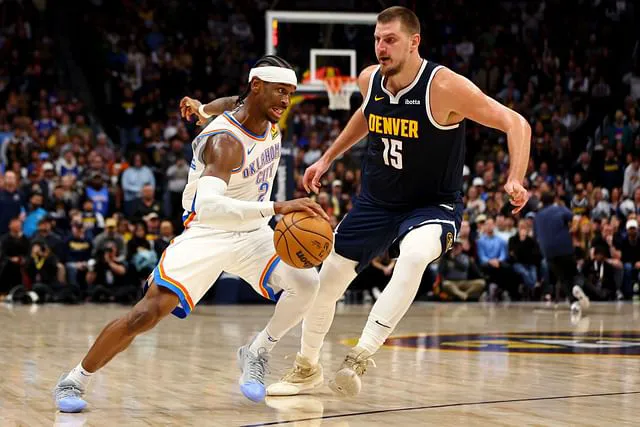
I spent a good chunk of time just reading through game summaries and articles. It's kinda like detective work, trying to piece together a prediction from all these bits of information. I looked at how the teams have been performing lately, if any key players were injured, and even checked out some expert opinions (though I take those with a grain of salt!).
I also try find historical data of games played against each other.
After soaking in all that info, I started to form an idea of how the game might go. It wasn't anything super scientific, more of a gut feeling based on what I'd read. I considered factors like home-court advantage, recent winning or losing streaks, and any potential player matchups that seemed interesting.
I did all of my research, and came to a conculsion on who would win the game. It took effort, but it was completed.


First, I pulled up the season series between the Sixers and the Pacers. I needed to see who won more games head-to-head. I went record by record.
Okay, Pacers took the Season Series, that is 3-1.
So, after looking into the records, I figured out that if the 76ers and Pacers ended up with the same record at the end of the season, the Pacers would get the higher seed because of head-to-head games.!
It was a pretty simple process, actually, just needed to check the official records.!

First, I just started looking around online. You know, checking out some sports news sites and seeing what the general vibe was. Nothing fancy, just trying to get a feel for how the teams have been playing recently.
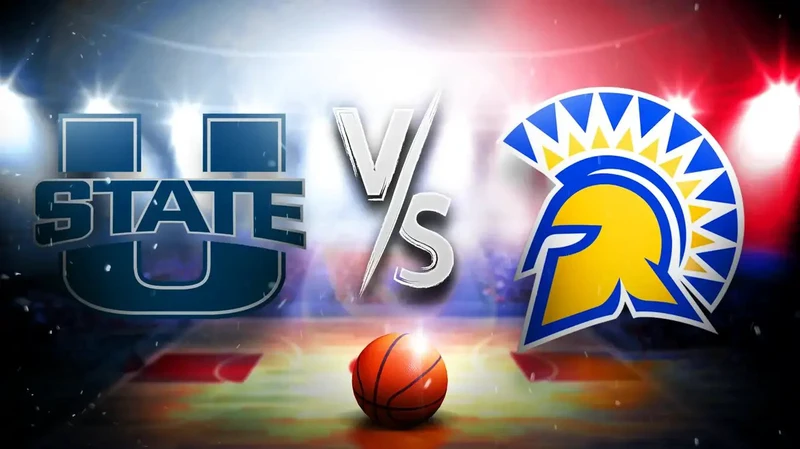
Next, I dove into the stats.
After gathering some data of the two teams, I tried to find historical data of games played between the two teams, and also tried to see if there were any patterns, but it took me a lot of time.
Honestly, it's tough! There are so many things that can affect a game. But it's also kind of fun to try and piece it all together. I ended up making my own little prediction, just based on what I'd found. I won't say who I think will win here, because I don't want to jinx anything,haha.
It's all just a bit of fun, really. I find it interesting to see if I can get close to predicting the outcome, even if I'm just using basic information. It makes watching the game a bit more engaging, too!

First, I gathered all the games for Week 7. I just jotted them down on a piece of paper, nothing fancy. Just a simple list of who was playing who.
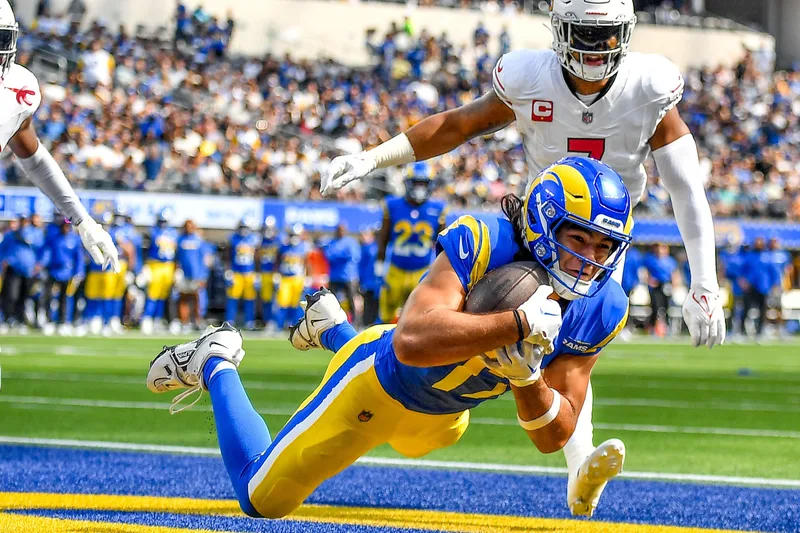
Next, I started looking at different places to find the odds. You know, just browsing around to see what was out there. It was a bit overwhelming at first, seeing all these numbers and different types of bets. Moneylines, spreads, over/unders... it was a lot to take in!
I spent a good chunk of time just reading about what all these different terms meant. I mean, I wanted to actually understand what I was looking at, right? It took a while, but I slowly started to get the hang of it.
After I felt like I had a decent grasp of the basics, I started analyzing the matchups. I looked at team records, recent performance, and even some "expert" opinions (though I took those with a grain of salt!). I compared my analysis to the actual odds. This was where all the previous work really paid off and I actually understood everything. I wasn't just blindly looking at the numbers, I was making informed decisions.
It's a work in progress, for sure. I'm definitely not an expert yet, but I feel like I have a much better understanding of how football odds work. I even made a few (hypothetical) bets, just to see how I would *'s definitely something I'm going to keep practicing and learning about.

First things first, I needed data. Lots of it. I started digging around for anything and everything I could find on both teams.
I spent a good chunk of time just gathering all this information. I used some sports websites. Gotta get that raw data!
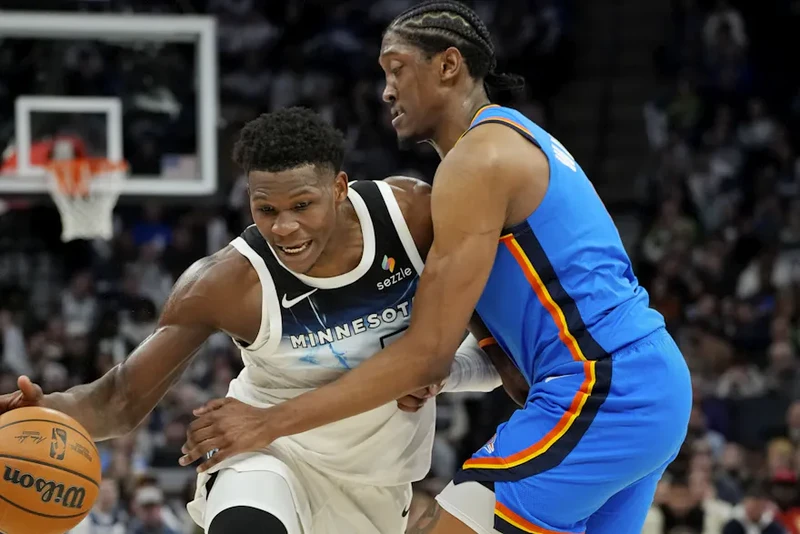
Next, I wanted to, you know, actually use all that data.I looked at simple stuff, like win percentages, and then started considering point differentials, recent performance trends, the importance of home-court advantage, and so on.
I mainly used some spreadsheets to calculate all this stuff. Nothing fancy, just plugging in numbers and seeing what popped out.
After getting some initial numbers, I realized I needed to tweak things. Some players were questionable, and that could drastically change the outcome. I did some "what if" scenarios, adjusting my calculations based on different potential lineups.
I did go back and forth a bit, adjusting weights for different factors. Like, how much should I really value the head-to-head history compared to recent performance? It was a bit of a balancing act.
After all that work, I finally had my prediction. I'm not gonna go into detail now.
This whole thing was more involved than I initially thought! It's not just about picking a favorite team. There's a lot of data to sift through, and making sense of it all takes time and effort. I definitely have a new appreciation for those sports analysts on TV. It also showed me how much impact even a single player's availability can have on a game's potential outcome.
I'm keeping my notes and calculations. After the game, I can go back and see how I did. Win or lose, it was a fun learning experience. I might even try this again for another game!

Sports news blog
Hope this sorts out your pressing problem, mate